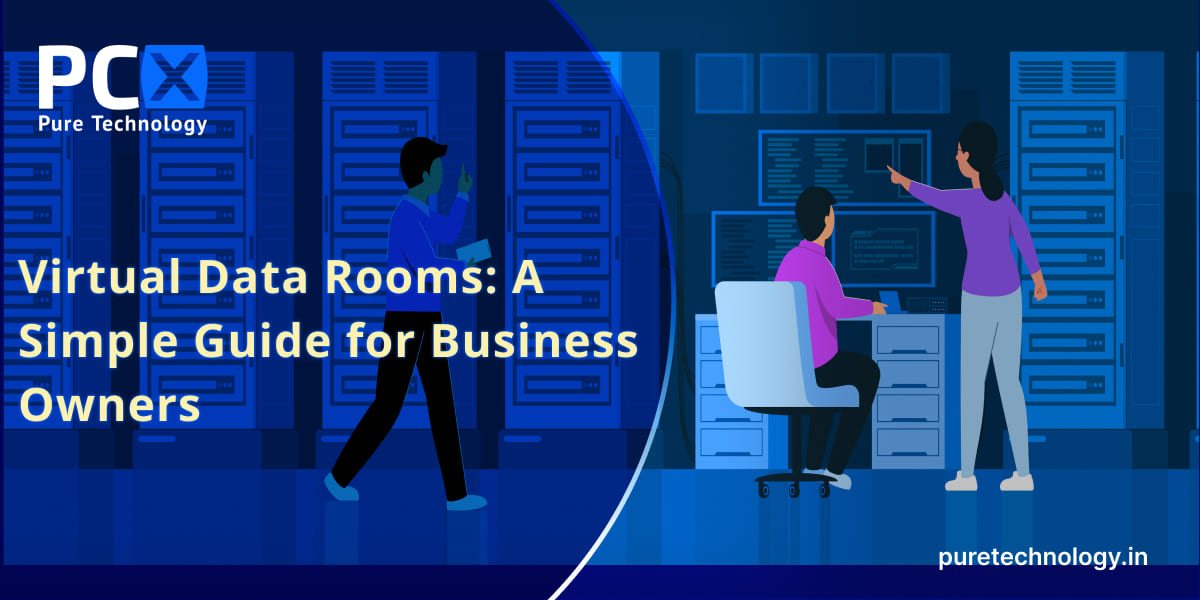Virtual Data Rooms: A Simple Guide for Business Owners
Businesses deal with confidential documents every day — contracts, financials, customer data, and intellectual property. Sharing these files through email or simple drives can lead to security risks, miscommunication, and loss of control.
A Virtual Data Room (VDR) solves these challenges by offering a secure online space to store, manage, and share critical business documents with complete control.
This guide explains everything a business owner should know about VDRs.
What Is a Virtual Data Room?
A Virtual Data Room is a secure digital platform where businesses can store sensitive files and share them with internal and external parties.
It ensures privacy, access control, and transparency — especially during financial transactions and audits.
Why Businesses Use a Virtual Data Room
- Protects confidential documents from unauthorized access
- Improves collaboration between teams, investors, and partners
- Tracks user activity for security and analysis
- Speeds up decision-making during deals
- Stores all important files in one centralized location
Key Features of a Virtual Data Room
- Multi-level permission settings
- End-to-end encryption for sensitive documents
- Real-time access logs and activity tracking
- Document watermarking and expiry settings
- Bulk file upload and secure file organization
- Integrated communication tools like Q&A sections
Benefits of Using a VDR in Your Business
- Stronger data security and regulatory compliance
- Faster audits, mergers, and fundraising processes
- Reduced paperwork and operational costs
- Better visibility of who accessed what and when
- Professional and organized documentation for stakeholders
When Your Business Should Consider a VDR
- During mergers and acquisitions
- When raising funds or pitching to investors
- For intellectual property protection
- Sharing confidential data with external partners
- Legal audits, financial reviews, and board reporting
- Remote collaboration across different departments
How to Choose the Right Virtual Data Room Provider
- Strong security certifications and encryption standards
- Easy-to-use interface for all team members
- Scalable pricing suitable for business growth
- Reliable tech support and uptime guarantee
- Customizable access permissions and compliance tools
Final Thoughts
A Virtual Data Room is no longer a tool only for large corporations. It’s an essential investment for any business that handles sensitive data and wants to work securely and efficiently.
By choosing the right VDR, you can protect your documents, improve collaboration, and build trust with investors, partners, and clients.
Take control of your business data — the smart way.
Call us for a professional consultation












Leave a Reply